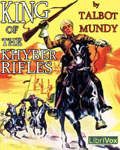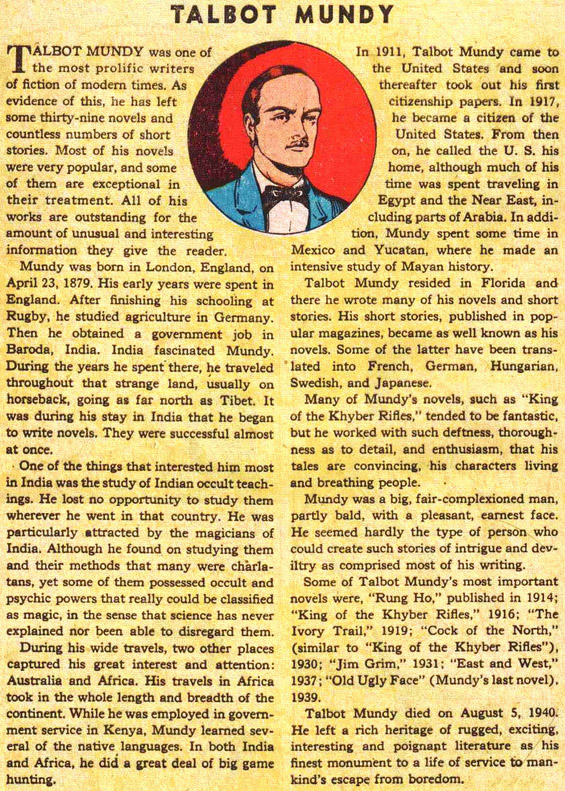

 The SFFaudio Podcast #271 – The Prisoner Of Zenda by Anthony Hope; read by Andy Minter. This is a complete and unabridged reading of the novel (5 hours 30 minutes) followed by a discussion of it. Participants in the discussion include Jesse, Tam, Seth, and Paul Weimer.
The SFFaudio Podcast #271 – The Prisoner Of Zenda by Anthony Hope; read by Andy Minter. This is a complete and unabridged reading of the novel (5 hours 30 minutes) followed by a discussion of it. Participants in the discussion include Jesse, Tam, Seth, and Paul Weimer.
Talked about on today’s show:
1894, the movies, Moon Over Parador, ripoff vs. homage, Dave, the Ruritanian influence, Robert Louis Stevenson, Sherwood Smith, a feminist Ruritanian romance, book trends, Seth kind of enjoyed it, put British taboos in a make believe country, accent on the romance, an eastern German state, the bathroom key in Spanish, to avoid research, a fake name for a real place, Bavaria, A Scandal In Bohemia by Sir Arthur Conan Doyle, the sister-in-law, Rudolph Rassandale as a pseudonym for Anthony Hope, autobiographical wish fulfillment, an author avatar, not exactly modern storytelling, a male romance, “getting close to something happening”, a chaste-ness, innuendos, what’s lacking in the non-comic book adaptations, red-headedness, the black and the red, Rose, the Red rose of Ruritania, “if it’s red it’s right”, Black Michael, the real king is a prat, the better man, Eric S. Rabkin is all about “food and sex”, Jesse is all about “it’s all a dream”, mirroring and inverting, The Prestige, Madame Maubin, the dream, Total Recall, doubling echoing, the attack plan, Rupert! Rupert!, a happy version of the drunk king, the drugged wine, half the kingdom, that’s really good writing, The Princess Bride, a Fantasy edgecase, is it Fantasy?, “wading in the waters outside the island of Fantasy”, adopted into Fantasy, Coronets And Steel by Sherwood Smith, Doctor Who, The Androids Of Tara, electro-swords in a feudal future, Double Star by Robert A. Heinlein, a professional actor, Mars as Ruritania, A Princess Of Mars by Edgar Rice Burroughs, Latveria (in the Marvel universe), Doctor Doom, just a time passer, a finite number of monarchs, Utopia by Sir Thomas More, the noble house of Elphberg (elf berg), Austria, the beautiful streets of Streslau, the tell-tale hair colour, the problem of cheating, the sequel Rupert Of Hentzau, Queen Victoria, The Red And The Black by Stendhal, George R.R. Martin, the ostensible antagonist is Black Michael but actually the baddie is Rupert, “he leaves bloody but laughing”, Rupert as a twisted version of Rudolph, Antoinette du Maubin, a female version of Rudolph, the two Rudolphs, about six months, a romantic trope, no consummation, everybody is cousins here, morganatic marriage, Randy not Randolph, Crusader Kings, Lord Burlsdon, this second son thing is what EMPIRE is all about, smoked in their smoking rooms, India, Afghanistan, North America, South Africa, who this book is for, the problems of aristocratic families, The Man Who Would Be King, the Wikipedia entry, Winston Churchill wrote a Ruritanian Romance, the restoration of a parliamentary system instead of a monarchy, so Churchill, Churchill turned down a Lordship, the suspension of disbelief issue, Colonel Sapt and Fritz, the country is run by like seven people, a kidnapper and a kingslayer, somebody is going to have to swim that moat, the missing cellphone, the moving mole, Robin Hood: Men In Tights, “is this gonna be a thing?”, Saddam Hussein’s doubles, Star Wars, Princess Amidala and whoever…, first person narration, the eggspoon, a new use for a tea table, An Improvement On Jacob’s Ladder, he likes that ladder a bit too much, Jacob (in The Bible) dreams the ladder, GOOD!






Posted by Jesse Willis

 The Girl in the Road
The Girl in the Road














 King Of The Khyber Rifles is an war and espionage novel by one of Robert E. Howard’s favourite writers. Described as “fantastic” (in the literary sense), perhaps because of the inclusion of a fair amount of
King Of The Khyber Rifles is an war and espionage novel by one of Robert E. Howard’s favourite writers. Described as “fantastic” (in the literary sense), perhaps because of the inclusion of a fair amount of 


